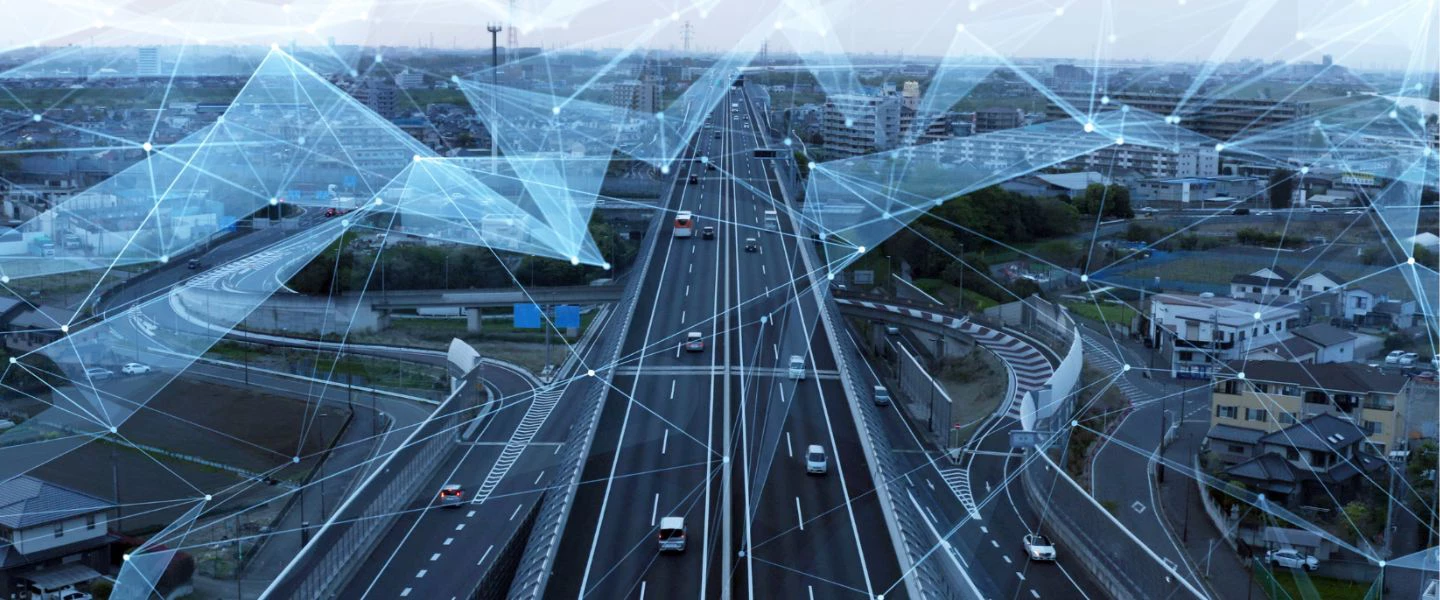 Artificial Intelligence and Machine Learning for better governance.
Artificial Intelligence and Machine Learning for better governance.
Artificial Intelligence (AI) and Machine Learning (ML) are having a moment globally. These technologies have the potential to improve transparency, efficiency, and compliance across the globe. The World Bank Group is leading the charge into research on how these technologies can improve governance and development outcomes. Initiatives like the GovTech Innovation Lab (the Lab) are utilizing AI to inform country level and global governance challenges and to inform pathways to a more equitable and effective future of government and public administration.
While there are growing use cases of AI in government, particularly in healthcare, education, service delivery, access to information, fraud detection, and tax administration, to name a few, the World Bank has been developing its own capabilities to utilize these technologies for research, project design, and policy advice.
Synthetic Data for Tax Administrations:
Tax administrations worldwide are grappling with the complexities of modern economies and sophisticated tax evasion tactics. Traditional rule-based systems, while foundational, often fall short in accurately identifying potential tax evasion cases. In response to these challenges, Machine Learning algorithms can complement existing systems, offering improved decision-making, automation, and optimization. Machine Learning enables systems to learn from data and refine performance without explicit programming.
Recognizing the need for robust machine learning models, the Lab created a synthetic data generator, using algorithms and statistical methods to closely mimic real-world tax operations data . With this synthetic data, a demonstration of a machine learning tool (prototype) was designed, which can be used to select cases for tax audits.
To test and validate the approach, the team trained the machine learning algorithms using large sets of synthetically generated data. They then fine-tuned the model with country-specific data from the Georgia Revenue Service (GRS), which provided high-quality but smaller quantity data. Using anonymized real data from the GSR ensured data confidentiality and privacy. The results were promising with the model identifying potential tax evaders. This hybrid approach, combining synthetic data for initial training and country-specific data for fine-tuning, demonstrated significant potential for enhancing tax evasion detection.
GovTech Advisory and Guidance Tool (GTAG):
In response to the growing demand for easy access to information about projects with digital components, the GovTech Lab collaborated with the ITS Technology and Innovation Lab (ITSTI) (pdf) to develop a prototype of a conversational AI-powered tool . Informed by extensive user feedback obtained through a design thinking approach, this tool assists development practitioners who work on digital projects by saving time in data searches for policy dialogues and project design and implementation.
The tool consolidates information from various sources within and outside the World Bank. The World Bank data encompasses all projects with digital components since 1991, totaling 1,449 projects as of October 2022.
The tool taps into a wide range of project-related documents, learns from them, and dynamically generates human-like responses for users. For instance, if you are preparing a new digital project in Country A and need data from a previous digital project in Country B - such as expenditures for certain components of the project, the number of experts hired during the implementation, or the total hours spent by each expert preparing the project – the tool streamlines the search process, saving valuable time and effectively finding the information that is most relevant to a certain context for you. Find the demonstration here.
These two examples demonstrate how AI can potentially enhance our capabilities and drive progress for our clients. As we continue to explore the vast possibilities of AI, the World Bank GovTech Innovation Lab remains committed to leveraging its power responsibly and creatively to address GovTech challenges, such as lack of transparency, accountability, and trust, as well as limited accessibility to public services and citizen participation in policy dialogues.
Join us in discovering the innovative strides we are making with cutting-edge technologies and contribute to the conversation on how technology can further transform governance by reaching out to our GovTechTeam and sharing your thoughts and ideas.



Join the Conversation